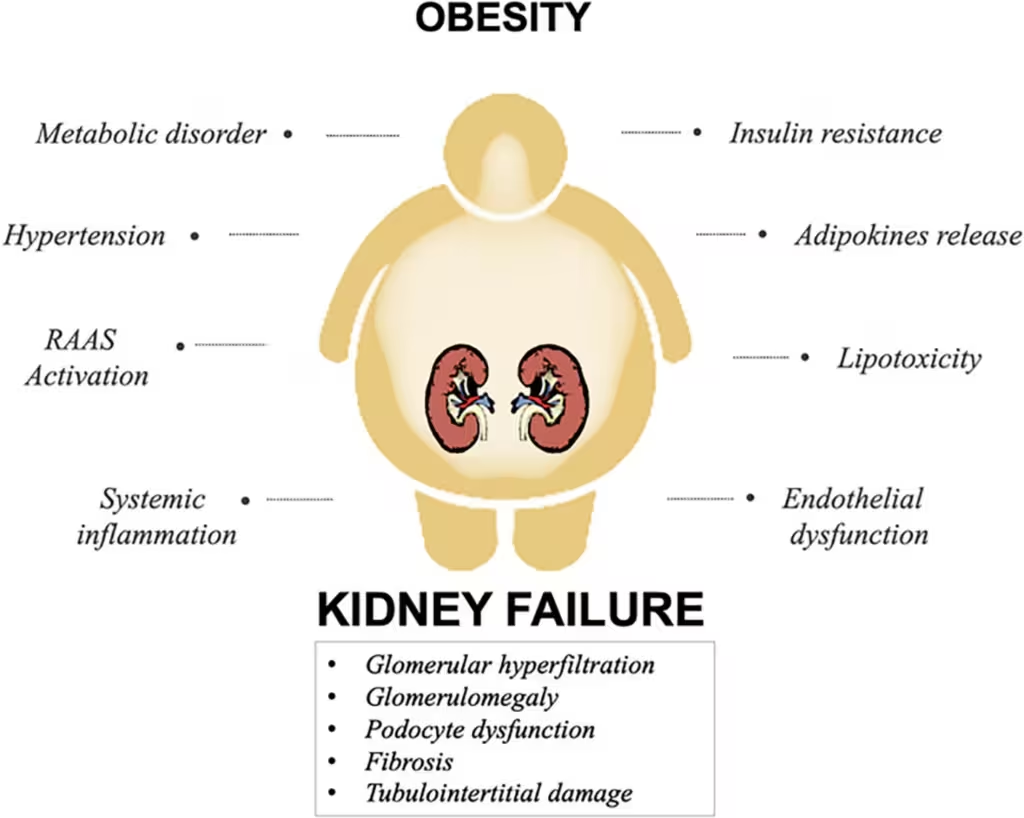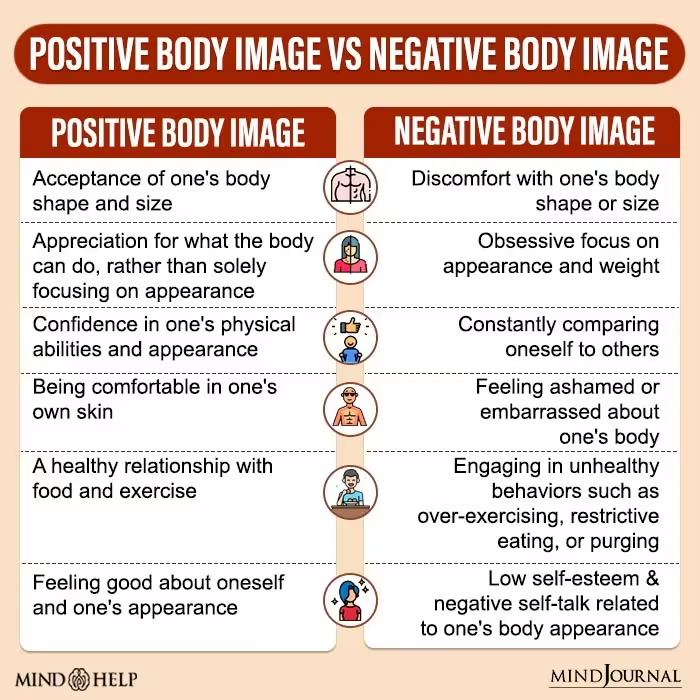Positive Body Image? What does that mean?
Positive Body Image? What does that mean? In simple terms, body image is the perception that a person has of their physical self and the thoughts and feelings that result from that perception. (National Eating Disorders Collaboration)
As this definition demonstrates, body image is not a singular construct but instead consists of four interconnected aspects:
- Perceptual body image: how you see your body
- Affective body image: how you feel about your body
- Cognitive body image: how you think about your body
- Behavioral body image: the way you behave as a result of your perceptual, affective, and cognitive body image (NEDC, 2017)
When you have a positive body image, you accept, appreciate, and respect your body. It’s normal to have insecurities, but it’s essential to acknowledge them and believe that your body is perfect for you. Clinical psychologist Elizabeth Halsted outlines three components to having a positive body image, or PBI:
- Self-esteem: valuing ourselves and believing that others appreciate us and enjoy our company.
- A positive attitude: accepting our strengths and our weaknesses and avoiding three negative attitudes:
- Perfectionism: holding ideals or standards that are impossible (or next to impossible) to achieve.
- Comparing: making social comparisons with others.
- Being highly critical or judgmental: the more critical and judgmental we are of others, the more likely we are to be critical and judgmental of ourselves.
- Emotional stability: maintaining a healthy connection to our thoughts and feelings while also being able to share our experiences with others (Halsted, 2016).
Improving your body image can be a challenging process, but it is definitely achievable. One can engage in various exercises and activities to enhance one’s positive body image (PBI). The National Eating Disorder Collaboration (2017) provides a comprehensive list of valuable suggestions for cultivating a more body-positive mindset. Some of the strategies for fostering positive body image include:
- Focus on your positive qualities, skills, and talents.
- Say positive things to yourself every day (practicing affirmations puts this suggestion to use)
- Avoid negative or berating self-talk
- Focus on appreciating and respecting what your body can do
- Set positive, health-focused goals rather than weight loss-focused goals.
- Admire the beauty of others, but avoid comparing yourself to anyone else.
- Remind yourself that many media images are unrealistic and unattainable for many people (and even for the subject of the image, thanks to Photoshop!).
How to Feel Good About Your Body
Current research clearly outlines effective strategies to counteract the detrimental influence of media on body image. A critical measure in promoting a positive body image involves interrupting the social comparison process. Comparing oneself to the prevalent body ideals portrayed in various media platforms can lead to feelings of inadequacy and dissatisfaction. It is imperative to proactively recognize and break this cycle of comparison to foster a healthier body image.
Although easy to do, avoiding these social comparisons may be the best way to boost your body satisfaction.
How to be Happy with Your Body When You’re Overweight
Avoiding social comparisons is an excellent practice for those who are overweight, as there is a lack of representation of larger body types in the media. If you are overweight, you are not alone in your body concerns. In 2016, nearly 2 billion adults were overweight, which accounted for 39% of the world’s adult population (World Health Organization, 2018).
While there are certain health risks associated with being overweight and even more risks that accompany obesity, there’s no reason to avoid working towards healthy self-esteem at any size. Besides, working on becoming more physically and mentally healthy simultaneously is possible.
The biggest problem many overweight people face when trying to get healthier, physically and/or mentally, is the vicious cycle:
- They gain weight.
- They feel bad about gaining weight.
- They may initially try to get healthy but eventually have a setback and use food or inactivity as comfort.
- They gain more weight.
- They feel even worse about their weight.
- They are even less motivated to get healthy and more prone to partaking in unhealthy comforts.
- Repeat.
Similarly, when some people attempt to work on improving their mental health, they encounter a similar cycle:
- They feel bad about themselves or experience negative symptoms.
- They feel even worse since they feel like they don’t have control over their own mind.
- They have a setback or withdraw into even more negative feelings about themselves.
- Repeat.
And so, the cycle continues!
The most reliable way to begin the journey to better physical or mental health is to break the cycle. It might seem counterintuitive, but it’s usually easier for people to enhance their body image first and then concentrate on improving their physical health. By improving our body image, we can stop the cycle before it leads to feeling negative about ourselves.
Research has shown that maintaining a positive body image can contribute to better health outcomes, including a reduced risk of gaining excessive weight in the future. A long-term study revealed that, on average, individuals with the lowest body satisfaction had over double the increase in Body Mass Index (BMI) compared to those with the highest body satisfaction (Loth, Watts, van den Berg, & Neumark-Sztainer, 2015).
When we struggle with a negative body image and experience weight gain, it’s common to have unhelpful thoughts such as, “I’m so fat. I’m lazy and useless, and I don’t deserve attention and happiness.”
On the other hand, individuals with a positive body image are more likely to react with thoughts like, “Oops! I’ve gained some weight. I better work on making healthier meals and getting out more.”
Developing self-love and acceptance while being overweight may seem challenging, but it is achievable with determination. To foster a more positive body image, consider integrating worksheets, activities, and exercises tailored to this purpose into your routine.





